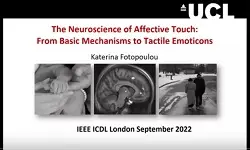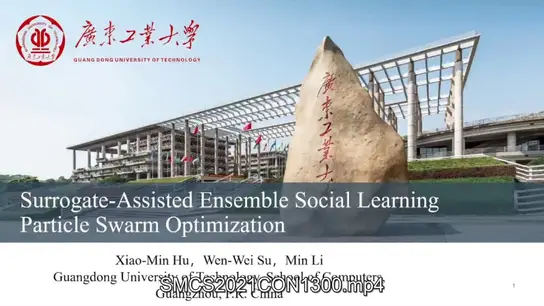OPTIMAL COMBINATION POLICIES FOR ADAPTIVE SOCIAL LEARNING
Ping Hu, Virginia Bordignon, Ali H. Sayed, Stefan Vlaski
-
Members: FreeSPS
IEEE Members: $11.00
Non-members: $15.00Length: 00:13:27
12 May 2022
This paper investigates the effect of combination policies on the performance of adaptive social learning in non-stationary environments. By analyzing the relation between the error probability and the underlying graph topology, we prove that in the slow adaptation regime, combination policies with a uniform Perron eigenvector will provide the smallest steady-state error probability. This result indicates that in terms of learning accuracy, doubly-stochastic combination policies yield optimal performance. Moreover, we estimate the adaptation time of adaptive social learning in the small signal-to-noise regime and show that in this regime, the influence of combination policies on the adaptation time is insignificant.


